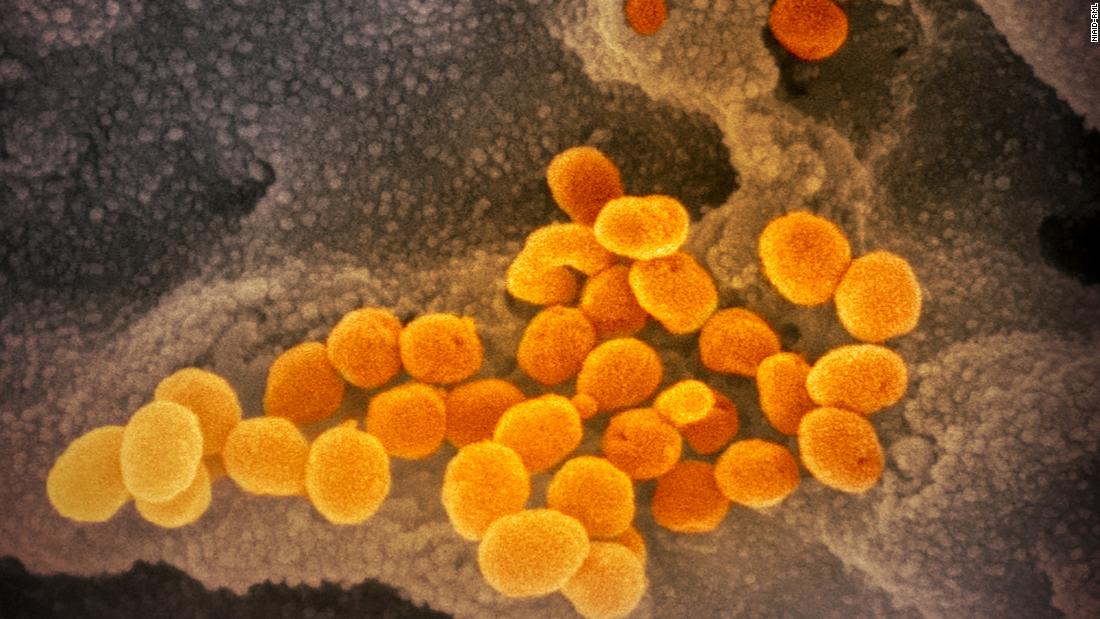
When it comes to the Covid-19 vaccine, about 31% of adults say they plan to “wait and see” how it works for others before deciding whether to get vaccinated, according to a report released by the Kaiser Family Foundation (KFF) Friday -market.
As they are still undecided, KFF says that this group is a smart target for vaccine education. To do this, the foundation notes that it is important to understand that the group is not a monolith and that concerns about vaccination vary.
About half of the people in the “wait and see” group are white, 16% are black and 19% are Hispanic. Most say they are concerned that they or a family member could become ill with the coronavirus.
More than half of the “wait and see” group sees vaccination as a personal choice and only 40% see vaccination as a responsibility to protect others.
The “wait and see” group is also politically diverse; 42% identify themselves as Democrats or with a Democratic tendency and 36% as Republicans or with a Republican tendency.
About 67% of “wait and see” Republicans see the decision to get vaccinated as a personal choice, compared with 43% of Democrats. 52% of Democrats “wait and see” believe that everyone has a responsibility to protect the health of others, while only 29% of Republicans “wait and see” believe the same.
About half of the Republicans who want to “want and see” believe that the seriousness of the pandemic has been exaggerated
Black and Hispanic adults who plan to “wait and see” are very concerned about the prospect of falling ill in person or of a family member falling ill with the coronavirus. However, many are skeptical about the vaccine and the health system in general.
About 61% of Hispanic adults and 59% of black adults in the “wait and see” group said they were concerned about getting the coronavirus with the vaccine. About 57% of black adults “wait and see” expressed distrust in the health care system and KFF noted that lower levels of confidence are associated with lesser acceptance of the vaccine.
Many who say they plan to “wait and see” said that a close friend or family member being vaccinated would likely influence their decision.
